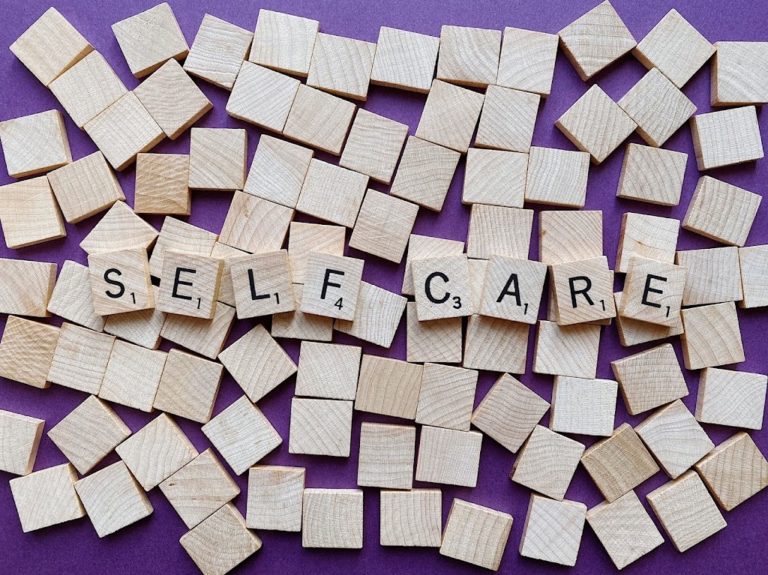Do you often find yourself feeling overwhelmed, taken advantage of, or emotionally drained in your relationships? It might be time to reassess and establish healthy boundaries. Boundaries are essential in any relationship, be it romantic, familial, or friendships, as they define what is acceptable and respectful behavior. They serve as invisible lines that protect your well-being, preserve your individuality, and cultivate a healthy dynamic with others. In this blog post, we will explore the importance of setting healthy boundaries in relationships and provide effective strategies to establish and maintain them.
The significance of healthy relationship boundaries cannot be overstated. They promote mutual respect, prevent resentment, and safeguard emotional well-being. Without clear boundaries, relationships can become imbalanced, leading to feelings of resentment, frustration, and even emotional harm. Setting boundaries is not selfish; it is an act of self-care and an expression of self-respect.
To establish healthy boundaries, start by identifying your own needs, values, and limits. Reflect on what makes you feel comfortable or uncomfortable in your relationships. Communicate your boundaries clearly and assertively, ensuring that your expectations are understood by your partner, family member, or friend. Remember, setting boundaries is not about controlling others but rather about taking responsibility for your own well-being.
Here are some effective strategies to help you set and maintain healthy boundaries:
Self-reflection:
Take time to understand your own needs, values, and limits. This self-awareness will guide you in defining your boundaries.
Clear communication:
Express your boundaries in a calm and assertive manner. Use “I” statements to avoid sounding accusatory and emphasize your feelings and needs.
Consistency:
Be consistent in enforcing your boundaries. People may test them initially, but remaining firm will ultimately lead to healthier relationships.
Self-care:
Prioritize self-care and honor your own well-being. Taking care of yourself allows you to show up fully in your relationships.
Respect others’ boundaries:
Just as you expect others to respect your boundaries, extend the same courtesy to them. It fosters a culture of mutual respect and understanding.
Seek support:
If you find it challenging to establish and maintain boundaries, seek support from a trusted friend, therapist, or support group. They can provide guidance and encouragement.
Regular self-checks:
Periodically assess your boundaries to ensure they still align with your needs and values. Adjustments may be necessary as relationships evolve.
Remember that setting boundaries is an ongoing process. It requires open communication, self-awareness, and the willingness to prioritize your well-being. Be patient with yourself and others as you navigate this journey.
In conclusion, setting healthy boundaries in your relationships is an essential aspect of fostering respect, balance, and emotional well-being. By clearly defining your boundaries, you protect yourself from potential harm, nurture your individuality, and cultivate healthier connections with others. Remember that establishing boundaries is not selfish but rather an act of self-care and self-respect. Through open communication, self-awareness, and consistency, you can create relationships that are built on mutual respect, understanding, and emotional health. Embrace the power of setting boundaries, and you will experience more fulfilling and harmonious relationships in your life.





